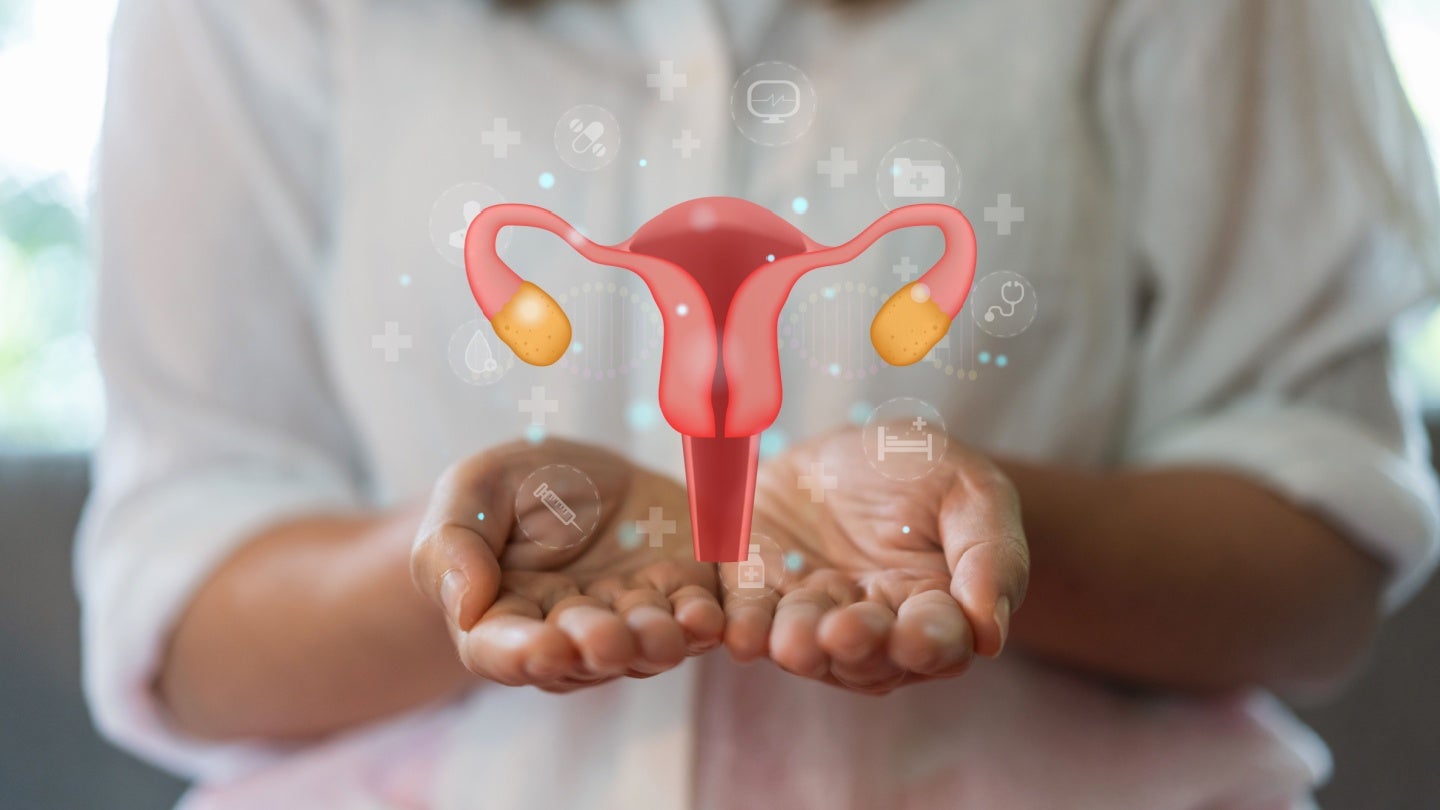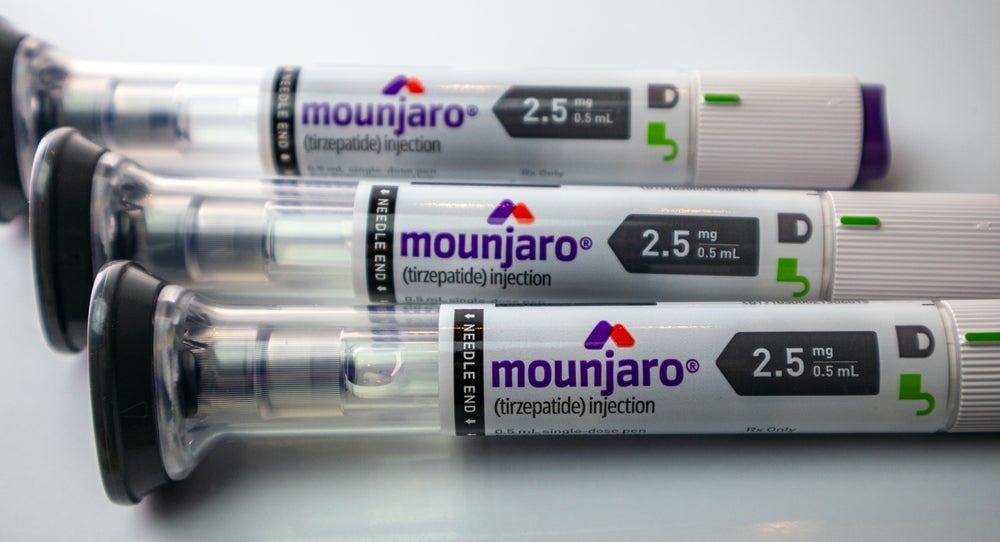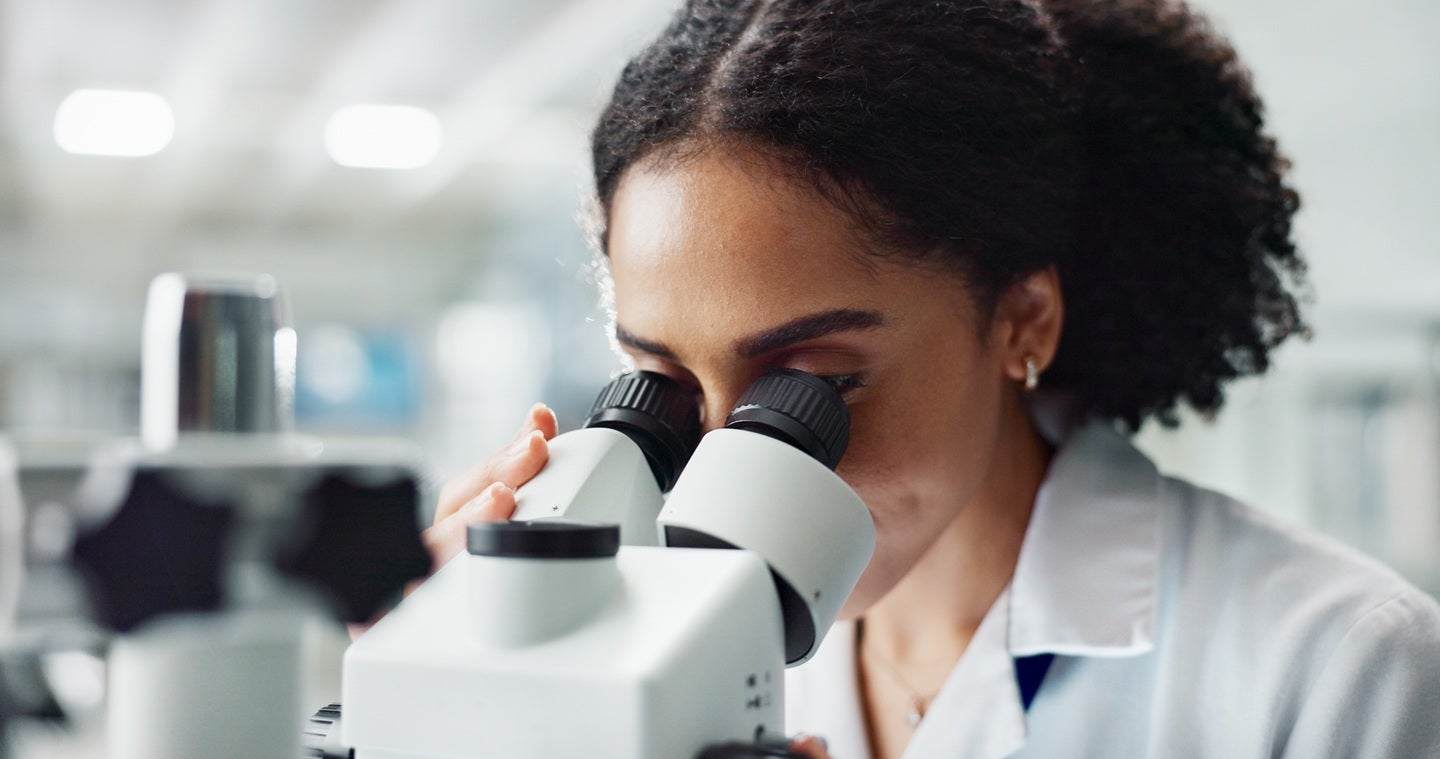From Infants to Adults: Unraveling the Secrets Behind Heart Recovery and Scarring
In a groundbreaking study, researchers at Northwestern Medicine have illuminated the remarkable differences in cardiac healing processes between newborns and adults. This research focuses specifically on how various components of the immune system, particularly macrophages, respond to cardiac injuries such as heart attacks across different age groups. While adult patients often face severe challenges when […]


In a groundbreaking study, researchers at Northwestern Medicine have illuminated the remarkable differences in cardiac healing processes between newborns and adults. This research focuses specifically on how various components of the immune system, particularly macrophages, respond to cardiac injuries such as heart attacks across different age groups. While adult patients often face severe challenges when attempting to regenerate healthy heart tissues, newborns exhibit an impressive ability to heal following similar traumas. These findings highlight essential biological mechanisms that may one day inform treatment strategies aimed at reprogramming adult immune responses to enhance recovery outcomes.
At the heart of this inquiry are macrophages, immune cells responsible for identifying and eliminating dying cells through a process known as efferocytosis. This critical action is not only vital for clearing up cellular debris but also plays a significant role in signaling neighboring cells to initiate the repair process. In newborns, the body’s immune response is typically more robust, with macrophages efficiently carrying out efferocytosis and enhancing the production of a specific bioactive lipid known as thromboxane. This lipid serves to stimulate the proliferation of heart muscle cells, effectively allowing the heart to regenerate.
Understanding the disparity in cardiac recovery between newborns and adults could pave the way for innovative therapies. The research team, led by Connor Lantz, who serves as the lead scientist within the bioinformatics core at Northwestern’s Comprehensive Transplant Center, emphasizes the potential to develop treatments that could mimic the healing mechanisms seen in younger patients. By focusing on how macrophages manage tissue regeneration in neonates, the medical community might uncover methods to enhance the healing capacities of macrophages in adults, who typically experience limited regenerational abilities following a heart attack.
The experimental setup involved examining the immune system’s responses in mice of varying ages, specifically one-day-old newborn mice and eight-week-old adult mice. This comparative analysis revealed that newborns demonstrated heightened macrophage activity, attributed to the increased expression of a receptor known as MerTK, which is instrumental in recognizing dying cells. When researchers inhibited MerTK, the innate regenerative capabilities of newborn mice diminished substantially, resulting in outcomes akin to those observed in adult mice following similar cardiac injuries. This pivotal discovery underscores the importance of efferocytosis and related signaling pathways in early-age tissue regeneration.
Moreover, the researchers identified that the engulfment of dying cells by macrophages triggers a biochemical cascade leading to the production of thromboxane A2. This particular molecule not only spurs the proliferation of heart muscle cells but also alters their metabolic activities to favor growth and healing. In stark contrast, the adult mice failed to produce adequate amounts of thromboxane A2 in response to cardiac injury, curtailing their regenerative capabilities and ultimately resulting in scar tissue formation instead of healthy tissue growth.
The implications of these findings are profound, as they carry the potential to revolutionize pathways in regenerative medicine geared towards cardiovascular health. By mimicking the effective signaling processes seen in newborns, researchers hope to stimulate adult macrophages to adopt a similar regenerative response post-injury. The journey towards achieving such therapeutic innovations will undoubtedly require further extensive research and collaborative efforts across the medical and scientific communities. As the scientific understanding of these mechanisms deepens, it may soon be possible to translate these cellular insights into real-world clinical treatments.
In addition to the critical biological discoveries outlined, the study highlights the intricacies of the immune system and its evolution from infancy through adulthood. The transition from a dynamic, reparative immune response in newborns to a less effective, often maladaptive response in adults paints a compelling picture. This transition underscores the idea of developing a therapeutic approach that could carry over the beneficial, regenerative aspects of the neonatal immune system into adulthood.
By isolating and understanding the cellular and molecular pathways that dictate the macrophage response in juveniles, scientists may uncover novel targets for drug development. Such advancements could lead to groundbreaking interventions that not only assist in cardiac repair post-heart attack but also address a variety of other medical conditions where tissue regeneration is crucial. This area of investigation is of paramount importance, particularly in the context of aging populations who are increasingly susceptible to cardiovascular diseases.
The findings from this research have been documented for publication in the journal “Immunity.” As research continues to uncover the underlying reasons behind these differential healing abilities, there lies an opportunity not just to improve heart health, but also to potentially increase the overall quality of life for millions of adults facing similar health challenges. With a dedicated focus on understanding how immune responses can be optimized, the dream of revitalizing adult regenerative processes may become a tangible reality in years to come.
In summary, the exploration into neonatal macrophage responses presents exciting avenues for future research and clinical interventions. By unpacking the complexity of immune functions and cardiac repair mechanisms, scientists are on the verge of significant breakthroughs that could redefine heart disease treatment paradigms. The road ahead is filled with promise as we strive towards enhancing our understanding of the immune system, fostering a new era of regenerative medicine in cardiovascular health.
This insightful research urges us to reconsider and redefine our approaches towards cardiac treatment, emphasizing the importance of biology in the quest for enhanced healing abilities amongst adults, ultimately leading to healthier lives post-cardiac events. As we stand at the intersection of medicine and biology, this work represents a crucial step towards translating scientific inquiry into improved patient care.
Subject of Research: The role of macrophages in cardiac regeneration across different age groups.
Article Title: Early Age Efferocytosis Directs Macrophage Arachidonic Acid Metabolism for Tissue Regeneration.
News Publication Date: 11-Feb-2025.
Web References: Northwestern University Feinberg School of Medicine
References: None available.
Image Credits: None available.
Keywords
Macrophages, Immune System, Cardiac Regeneration, Regenerative Medicine, Myocardial Infarction, Tissue Repair, Thromboxane, Heart Failure.
Tags: adult heart scarringage-related differences in heart recoverybiological mechanisms of cardiac healingcardiac healing processesdifferences in immune responseefferocytosis in cardiac repairimmune system and heart injuryinfant heart regenerationmacrophages and heart recoveryNorthwestern Medicine cardiac researchthromboxane and heart muscle proliferationtreatment strategies for heart recovery
What's Your Reaction?


































